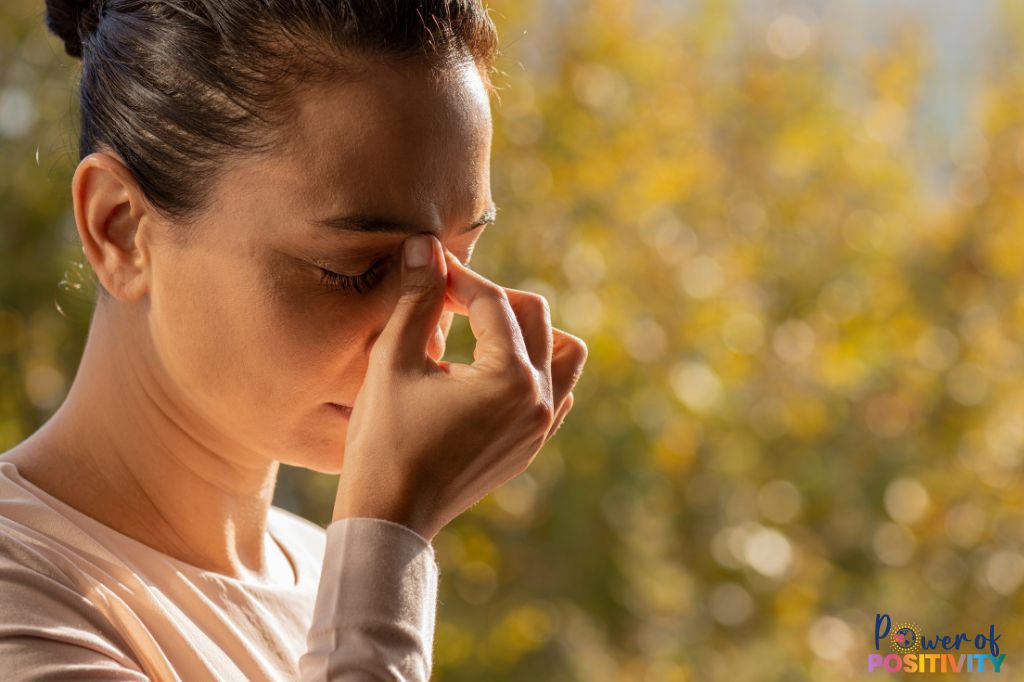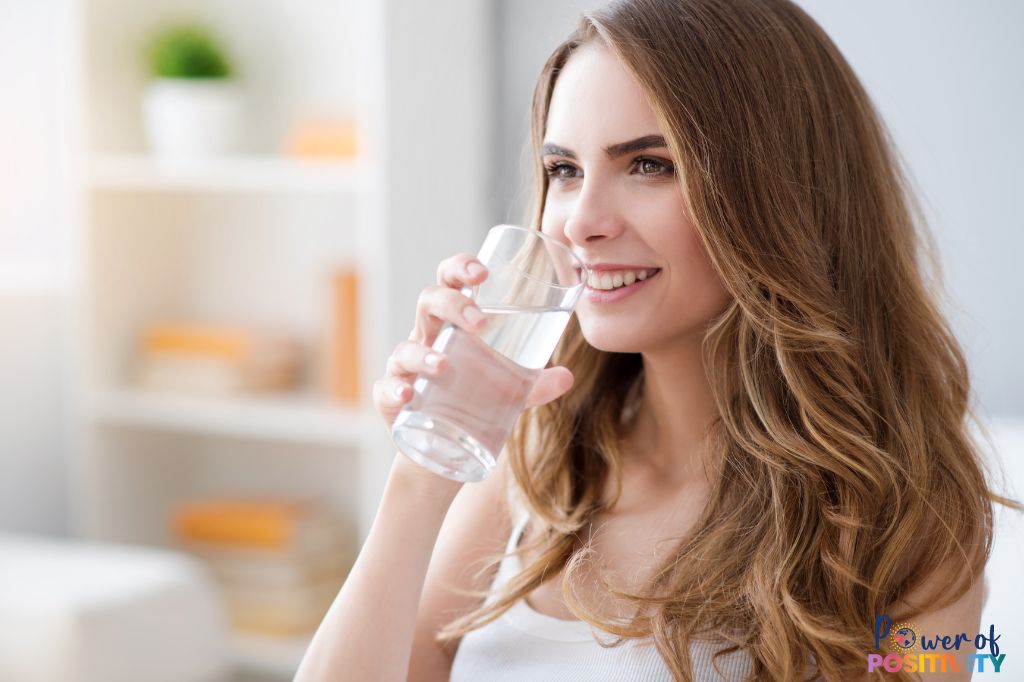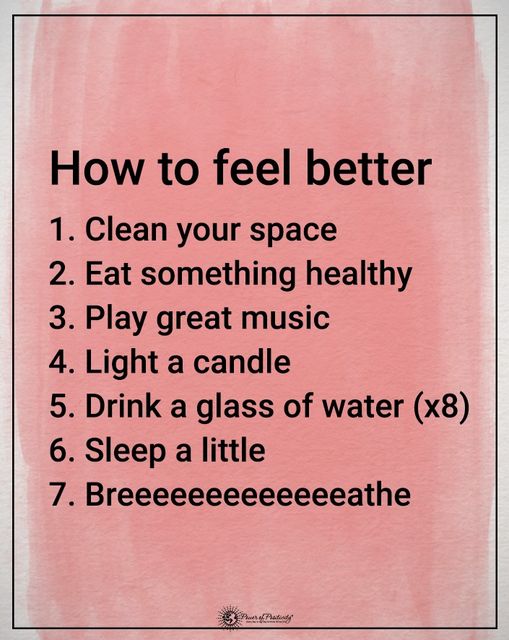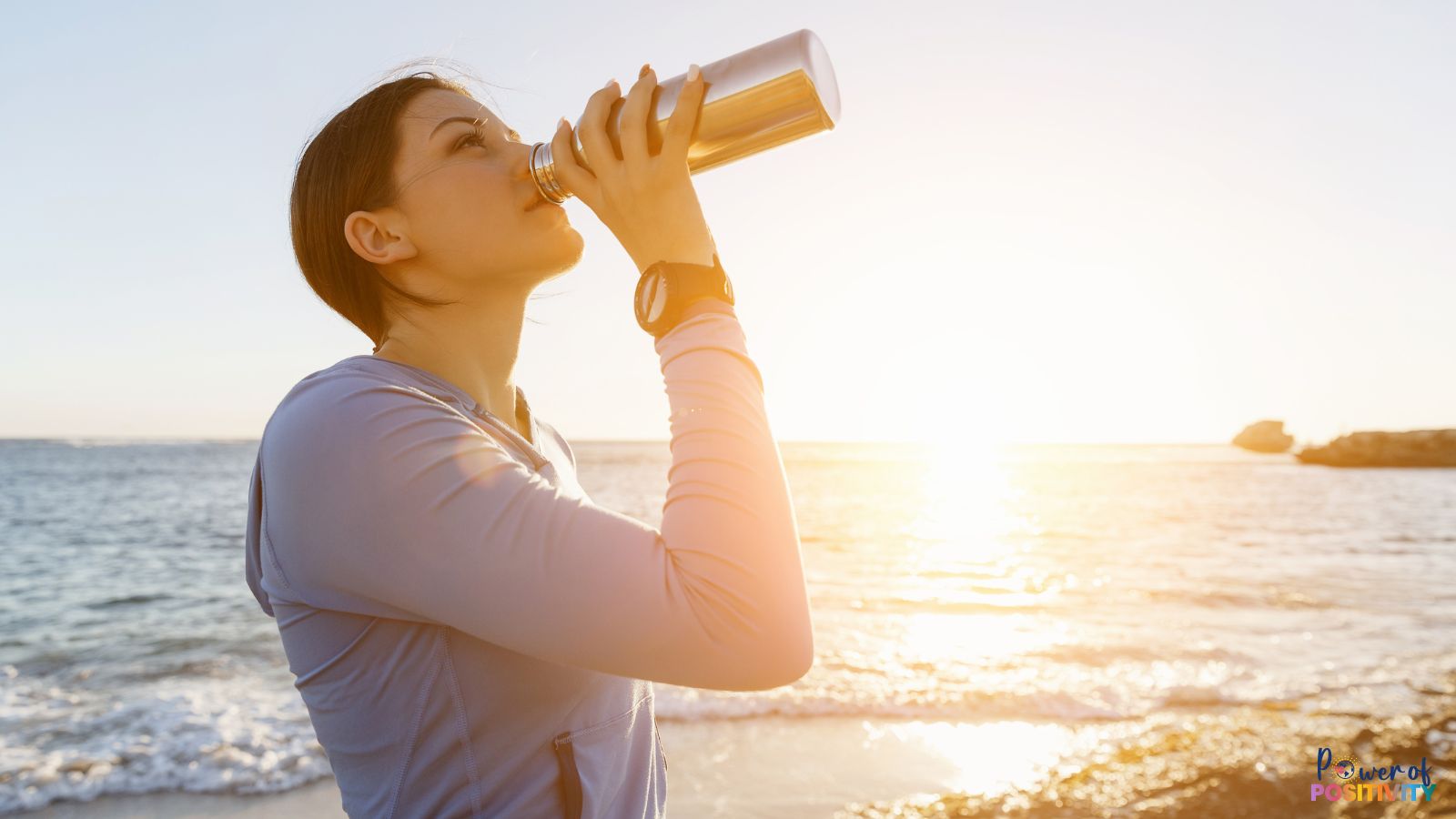It’s easy to overlook the subtle signs that your body is craving more water. You might think a little thirst is nothing to worry about, but dehydration can sneak up on you faster than you realize.
Whether it’s a scorching summer day or you’re just caught up in your daily routine, staying hydrated is essential for your well-being. Miss the signs, and what starts as mild dehydration can quickly escalate into a serious health issue.
Dehydration isn’t just about feeling thirsty—it’s about understanding the signals your body is sending and taking action before it’s too late.
In this article, we’ll dive into the symptoms you need to watch for, the severe consequences of ignoring them, and practical tips to keep dehydration at bay.
What Causes Dehydration and Why It’s Often Overlooked

Ever wondered why dehydration seems to catch people off guard? It’s not just about forgetting to drink water—there’s more to it than that.
Common Causes of Dehydration
- Excessive Sweating 🥵: Whether you’re hitting the gym or just going about your day in hot weather, your body loses more water than you might think. Sweat is your body’s natural cooling system, but it also drains your fluids faster than you’d expect.
- Illness 🤒: Fever, vomiting, diarrhea—these are classic culprits. When you’re sick, your body uses more fluids to fight off infection, and it’s easy to get dehydrated without even realizing it.
- Lack of Fluid Intake 🚱: Sometimes, it’s as simple as not drinking enough. Busy schedules, distractions, or even just not feeling thirsty can lead to dehydration. It’s surprising how often we neglect to sip on water throughout the day.
- Diuretics and Medications 💊: Certain medications can increase urine production or cause fluid loss, making it harder to stay hydrated. If you’re on diuretics, for instance, you’re losing more water than usual, and that needs to be replenished.
Why Early Symptoms are Often Overlooked
Dehydration doesn’t always announce itself loudly. It starts quietly, with symptoms that are easy to brush off. Feeling a little tired?
That could be dehydration. Got a slight headache? Maybe it’s dehydration too. These early signs are subtle, often mistaken for something else, like stress or lack of sleep.
The problem is, by the time you notice these symptoms, dehydration might already be setting in. And if you’re not careful, mild dehydration can quickly spiral into something more serious.
The key is to listen to your body and recognize these early signs before they escalate.
Common Dehydration Symptoms
You might be more dehydrated than you think. The early signs are easy to miss or dismiss, blending into the background of your daily life. Let’s break them down:
- Thirst 🥤: Your body’s early signal that it’s low on fluids.
- Dry Mouth and Lips 💧: A sign that hydration levels are dipping.
- Reduced Urine Output 🚽: Fewer trips to the bathroom, with darker urine.
- Fatigue 😴: Unexplained tiredness, often brushed off as exhaustion.
- Dizziness 💫: Lightheadedness that can strike suddenly.
- Headaches 🤕: Often mistaken for tension or stress-related pain.
- Muscle Cramps 💪: Painful contractions, especially during activity.
- Dry Skin 🧴: Less elasticity and a flaky texture.
- Bad Breath 😷: Lack of saliva leads to bacteria buildup.
- Constipation 🚫💩: Difficulty in bowel movements due to insufficient water intake.
The Stages of Dehydration

Dehydration doesn’t hit you all at once—it’s a gradual process that can creep up if you’re not paying attention. What starts as a simple lack of fluids can quickly escalate into something much more serious if ignored.
Understanding the stages of dehydration can help you take action before it becomes a real problem. Let’s walk through these stages so you know what to watch for.
1. Hydrated: The Optimal State
When you’re fully hydrated, your body functions at its best. Your skin is supple, your energy levels are steady, and your mind is sharp. Urine is light yellow, and you’re rarely thirsty.
In this stage, you’re giving your body the water it needs to thrive.
2. Mild Dehydration: The Early Warning Signs
This is where dehydration begins to sneak in. You might feel a little thirsty or notice that your lips are slightly dry.
Your urine may turn a darker yellow, and you could experience slight fatigue or a mild headache. It’s easy to overlook these signs, but catching them early can prevent further dehydration.
3. Dehydration: The Alarming Symptoms
As dehydration progresses, the symptoms become more serious. Your urine is dark yellow or amber, and you’re likely feeling dizzy or lightheaded.
You may also notice a rapid heartbeat or even start to feel confused. These are clear signals that your body is struggling to cope with the lack of water.
4. Severe Dehydration: A Critical Condition
In severe dehydration, your body is in distress. Urine output is minimal or nonexistent, and what little is produced is very dark. You might experience fainting, extreme confusion, or a dangerously fast heartbeat. Skin becomes dry and loses its elasticity. This stage is a medical emergency and requires immediate attention.
Recognizing where you are on this dehydration scale can be the difference between a quick recovery and a serious health issue.
Staying mindful of these stages allows you to take immediate action, ensuring that you maintain the balance your body needs.
Remember, it’s easier to stay hydrated than to recover from dehydration, so keep that water bottle close!
Dehydration Headache: Why Your Body Responds This Way

Ever had a pounding headache on a hot day or after skipping a few glasses of water? That’s your body sending a loud and clear message: it’s running low on fluids.
Dehydration headaches are a common but often overlooked sign that you’re not getting enough water. But why exactly does dehydration trigger this kind of pain?
The Science Behind Dehydration Headaches
When your body loses too much water, your blood volume drops, reducing the amount of oxygen reaching your brain. This constriction of blood vessels can trigger a headache.
Additionally, dehydration decreases cerebrospinal fluid, which normally cushions your brain, making every movement feel more painful.
How to Address Dehydration Headaches
The remedy is straightforward: hydrate. Start by sipping water slowly to allow absorption. Adding electrolytes or a pinch of salt can help if you’ve been sweating heavily.
Resting in a cool, dark place can also ease the pain. While pain relievers might provide temporary relief, rehydration is the key to resolving the headache at its source.
Symptoms of Dehydration in Women: Unique Considerations

Dehydration can affect anyone, but women may experience certain symptoms differently due to hormonal changes and life stages like pregnancy and menopause.
Here’s what to watch out for:
Hormonal Impacts
- Menstrual Cycle 🩸: Hormonal fluctuations during the menstrual cycle can lead to increased fluid retention or loss, making women more prone to dehydration, especially in the days leading up to their period.
- Pregnancy 🤰: Expectant mothers need more water to support the growing baby and maintain amniotic fluid levels. Dehydration can lead to symptoms like dizziness, swelling, and even preterm labor.
- Menopause 🌡️: As estrogen levels drop during menopause, women may experience increased sweating and hot flashes, leading to a higher risk of dehydration.
Unique Symptoms in Women
- Headaches and Migraines 🤕: Hormonal changes can make women more susceptible to dehydration headaches, particularly during menstruation or menopause.
- Skin Changes 🧴: Dehydration in women can lead to drier, more sensitive skin, which may worsen with age.
- Fatigue and Mood Swings 😓: Women may experience more pronounced fatigue and mood swings when dehydrated, often linked to hormonal shifts.
FAQs
Can dehydration cause anxiety or irritability?
Yes, dehydration can lead to anxiety and irritability. When your body is dehydrated, it can affect brain function and mood regulation, making you feel more anxious or easily irritated.
How does dehydration affect blood pressure?
Dehydration can cause a drop in blood pressure because it reduces blood volume. This can lead to dizziness, fainting, and even a rapid heartbeat as your body struggles to maintain circulation.
Is it possible to be dehydrated even if you’re not thirsty?
Absolutely. Thirst is a late sign of dehydration. You can be dehydrated long before you feel thirsty, especially if you’re active, in a hot climate, or not paying attention to your fluid intake.
How does dehydration impact athletic performance?
Dehydration can significantly reduce athletic performance by causing muscle cramps, fatigue, and slower reaction times. Staying hydrated is crucial for maintaining energy levels and preventing injuries during exercise.
Can dehydration cause digestive issues?
Yes, dehydration can lead to digestive problems like constipation and bloating. Without enough water, your body struggles to move food through the digestive tract, leading to discomfort and irregular bowel movements.
Final Thoughts
Staying properly hydrated is essential for your overall health and well-being. By recognizing the early signs of dehydration and understanding how it progresses, you can take proactive steps to prevent severe dehydration and its serious consequences.
Whether you’re dealing with headaches, fatigue, or more severe symptoms, keeping your body hydrated is key to maintaining your energy levels, cognitive function, and overall vitality.
Remember, a simple glass of water can make all the difference—so keep sipping throughout the day to stay on top of your hydration game.


















